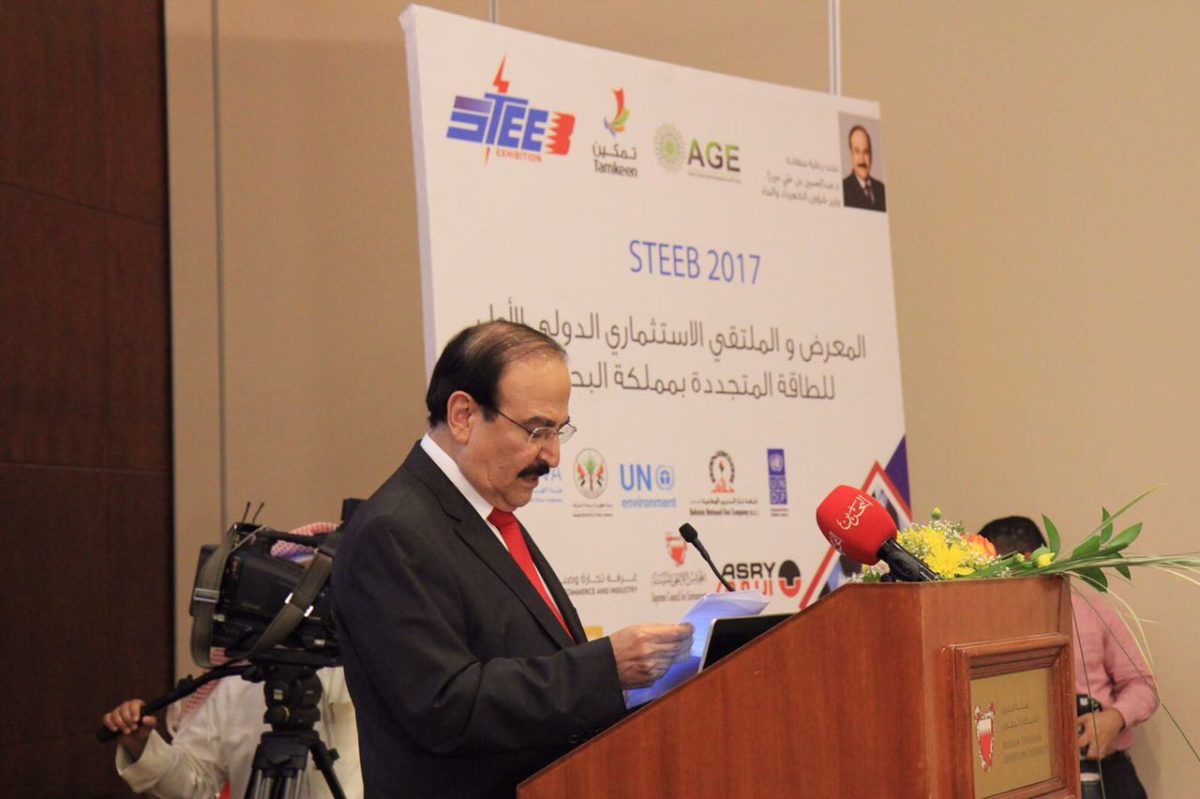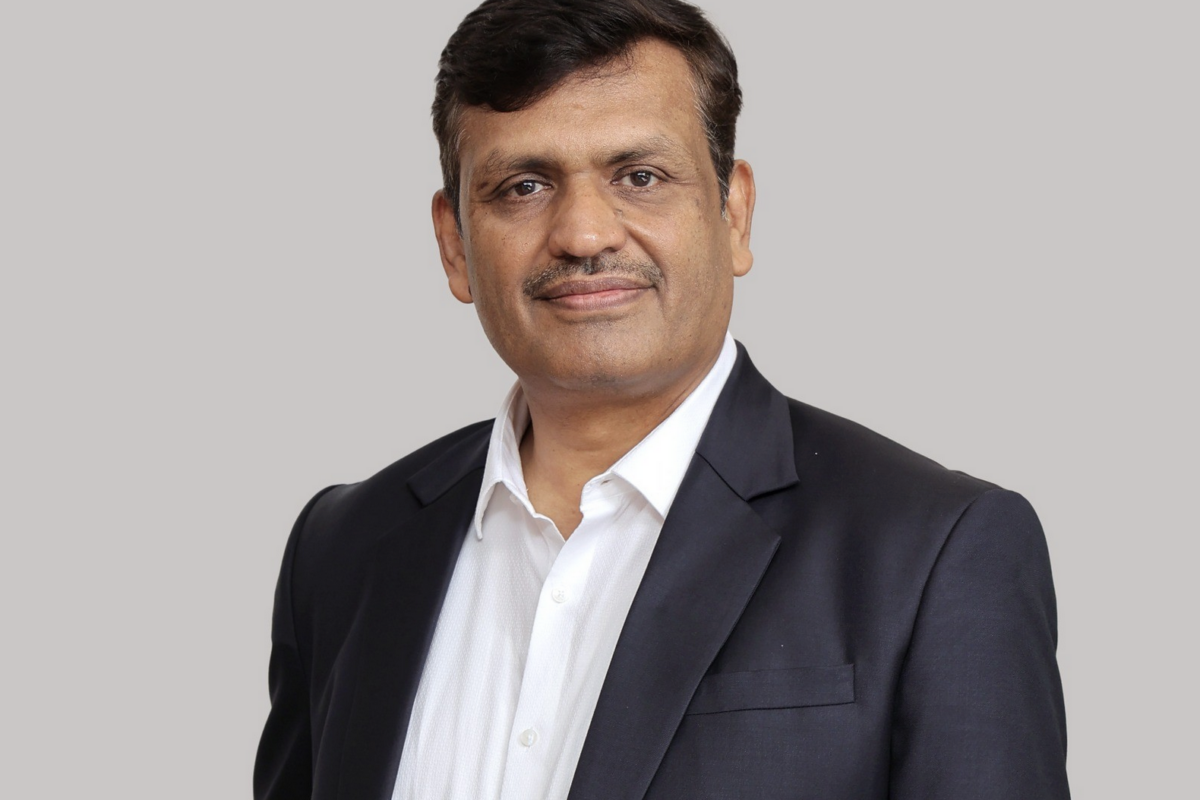The Kingdom of Bahrain has presented its National Renewable Energy Action Plan (NREAP) of the occasion of STEEB 2017, an event organized by the Bahrain Solar Industry Association in Manama.
The plan is expected to bring online 255 MW of PV capacity by 2025, which would be enough to cover around 5% of the country’s power demand, and 700 MW of renewable energy power generation capacity by 2030. The targets, the government said, will be met by a proposed renewable energy mix consisting of solar, wind, and waste to energy technologies.
Achieving the 2025 target, Bahrain’s Sustainable Energy Unit (SEU) explained, will result in, among other things, clean energy generation of approximately 480 GWh per year, annual financial savings of 1.6 million BHD ($4.2 million), and attraction of more than 140 million ($375.6 million) in new investments.
The plan will be implemented through three different policies: net metering, a tender-based FIT scheme, and a renewable energy mandate for new buildings. Net metering will be introduced by the end of this year, while the two remaining policies will be implemented at a later stage.
Net metering is expected to spur solar development for residential, commercial and industrial electricity consumers and to lead to reduced electricity bill through on-site power generation and the ability to credit the excess electricity fed back to the grid.
The tender-based FIT scheme is aimed at attracting developers of large-scale solar and renewable energy projects through a competitive procurement process and long-term PPAs, while the renewable energy mandate for new building will support new buildings and real estate developers in the integration of renewable energy technology in new building design. Decentralized urban generation is expected to bring online between 100 MW and 150 MW of new installed capacity, while large-scale generation may reach an installed power of 50 MW to 100 MW.
The SEU will be the entity responsible for the implementation of the NREAP and will coordinate implementation activities among all stakeholders through developing partnerships and organizing regular coordination meetings. The authority will also drat all the plan-related regulations and support the establishment of standard operating procedures.
A more extensive article on Bahrain’s solar program and the event STEEB 2017 will be published in the next edition of pv magazine.
This content is protected by copyright and may not be reused. If you want to cooperate with us and would like to reuse some of our content, please contact: editors@pv-magazine.com.




Wish to install a 30 m.watt solar power unit in Bahrain.
How to sell the electricity ?
What incentives are available from the Govt.?
Can we get the land easily for the Plant?
Can we expect banks to fund the project?